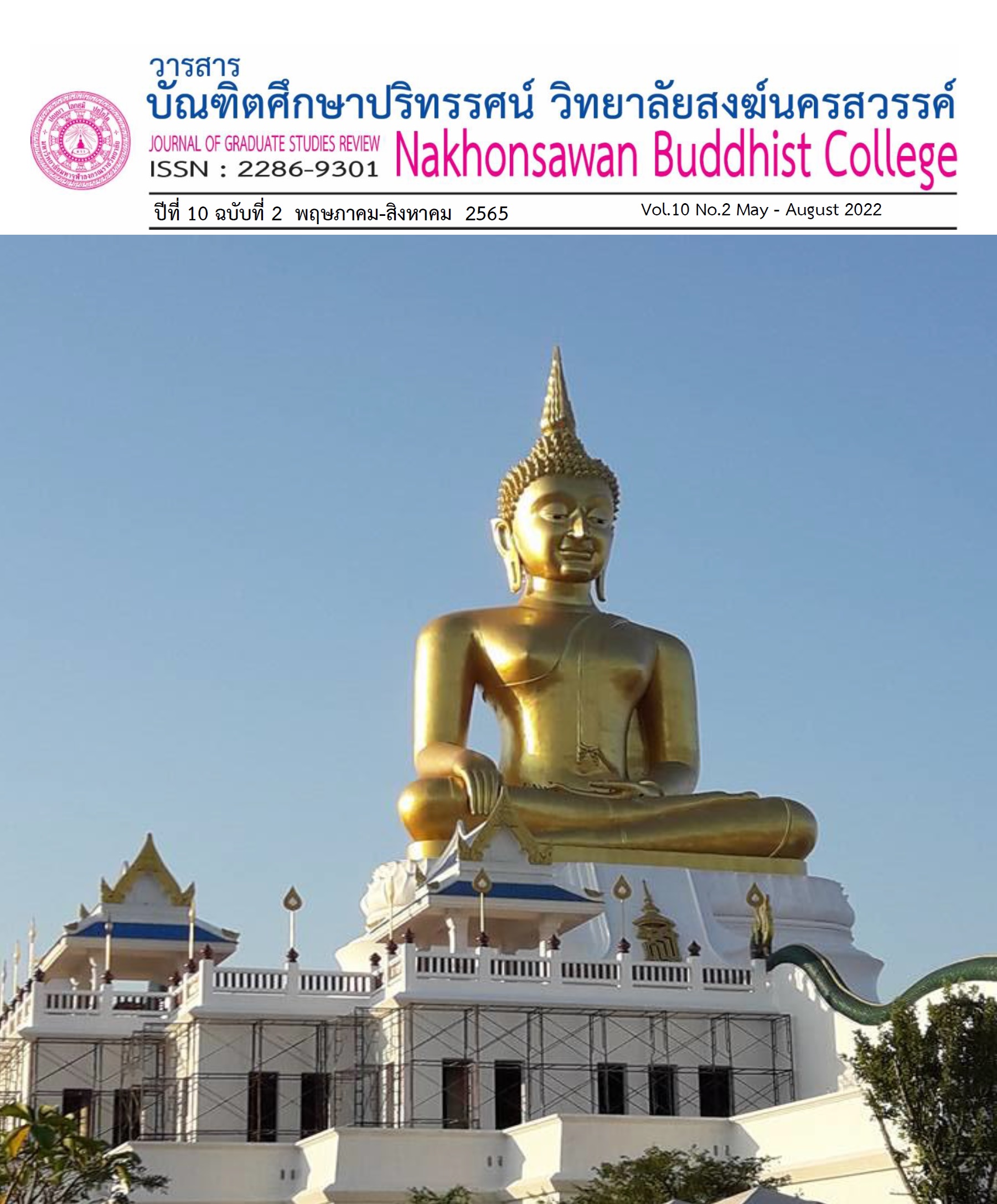Comparative study of the constitutional law and the political institution of the lao people's democratic republic and the socialist republic of Vietnam
Main Article Content
Abstract
This Research Article with the following objectives : (1) To study the law of the Constitution; and the composition of intra-state political institutions of the Lao People's Democratic Republic and the Socialist Republic of Vietnam. (2) To study the political and administrative evolution of the Lao People's Democratic Republic and the Socialist Republic of Vietnam; (3) To study, analyze problems, obstacles and recommendations on the relationship between the legislative power and the administrative power in the urban and administrative system of the Lao People's Democratic Republic and the Socialist Republic of Vietnam;.
The results of the research revealed that the Lao People's Democratic Republic and the Socialist Republic of Vietnam each have a “written constitution” In
the form of a “socialist state” that adheres to important principles of sovereignty. All belong to the people, by the people and for the people. all ethnic groups important for all classes In terms of the separation of state powers, it was found that in the Lao People's Democratic Republic and the Republic Vietnamese socialism There is no principle of separation of powers. as in other liberal democracies because the constitutions of both countries set the legislature The National Assembly (National Council) is the state's highest body with power to appoint, remove, or remove the executive branch (President, President and Prime Minister). and also has the power to elect people's directors Supreme People's Court and the People's Attorney General In the political party Lao People's Democratic Republic and the Socialist Republic of Vietnam Each has a single political party system, the Communist Party of Vietnam. and the Lao People's Revolutionary Party which plays a role in entering party members take power in the National Assembly and is the management As the government is the country's executive (President /President of the country) and Prime Minister
From the Lao People's Democratic Republic and the Socialist Republic of Vietnam one party system which is a political party established under "Marxism-Leninism" based on a centralized democracy, there is freedom of debate within the party. resulting in unity in compliance with the policy for this reason Lao People's Democratic Republic and the Socialist Republic of Vietnam, therefore, it is a united government. politically stable One-party policy is necessary "vehicles" in making economic, social and security prosperity through natural resources As the Lao People's Democratic Republic has announced the "New Imagination Policy" and the Socialist Republic of Vietnam has announced the "Doi Moi Policy" Make the identity (Identity) of the constitutional law. and political institutions, outstanding in economic, social and national security Which is higher than the member countries of the ASEAN Economic Community together.


